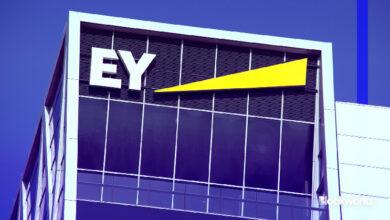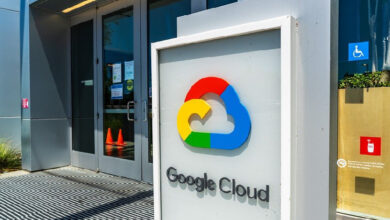АdEx unveils user-centric zero-knowledge system for targeted ads

The advertising technology company AdEx is preparing to integrate a novel zero-knowledge (ZK) solution into its upcoming platform – scheduled for launch in the second quarter of 2024 – per the latest information shared with Finbold.
The new ZK-targeting ending strives to serve a dual purpose by alleviating the issues and grievances plaguing modern advertising from both the customer and business viewpoints.
While the internet and the vast data collection abilities it provides have revolutionized marketing, at least to the extent that Edward Bernays’ 1928 book did, they also brought forth profound concerns about privacy and personal data security.
In turn, the practice and associated concerns have led to more restrictive laws when it comes to data collection and customer profiling in multiple countries across the world, which have led to less precisely targeted ads, which has, in turn, led to more ad fatigue on the users’ end.
AdEx solution for privacy and compliance
AdEx’s solution to the issues of modern advertising comes in the form of leveraging zero-knowledge principles – most evident in the world of Web3 and cryptocurrencies – by employing technology that would collect and analyze relevant data locally on users’ devices.
This technology ensures that the data remains private by ensuring it stays solely on the users’ devices under their full control and management. This prevents information re-selling by and to third parties and eliminates the risk that the private details of individuals will be compromised in security breaches of centralized databases.
Thanks to local data analysis, it simultaneously allows for the existence of targeted ads without employing third-party cookies. It even enables users to curate the types of commercials they will be exposed to.
Finally, AdEx’s system offers participation rewards to users by offering them ADX tokens in exchange for viewing ads.
According to the information shared with Finbold, the new system will allow companies to remain compliant with existing and expected future laws while simultaneously lowering costs. It also aims to provide users with greater privacy and more rewarding ways to interact and engage with adverts.





